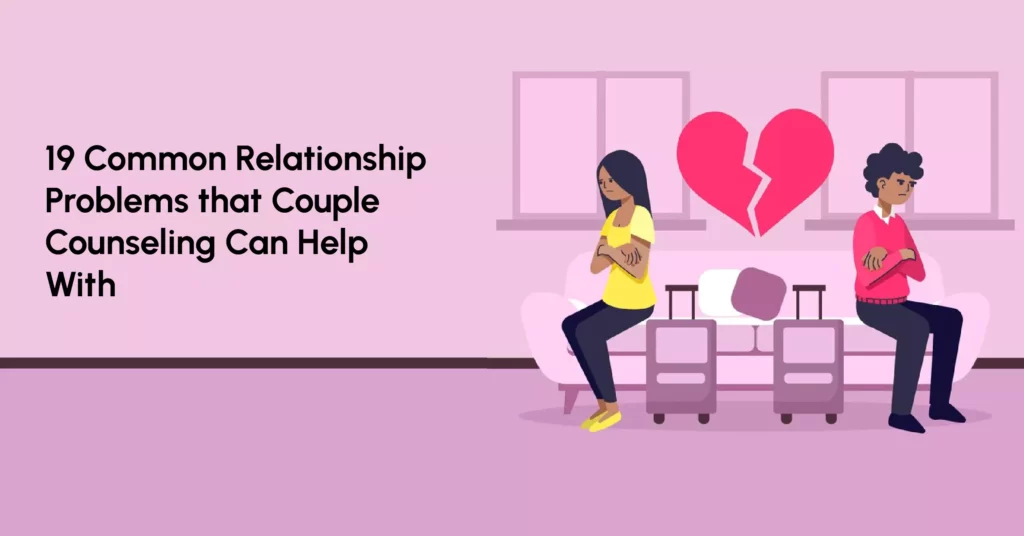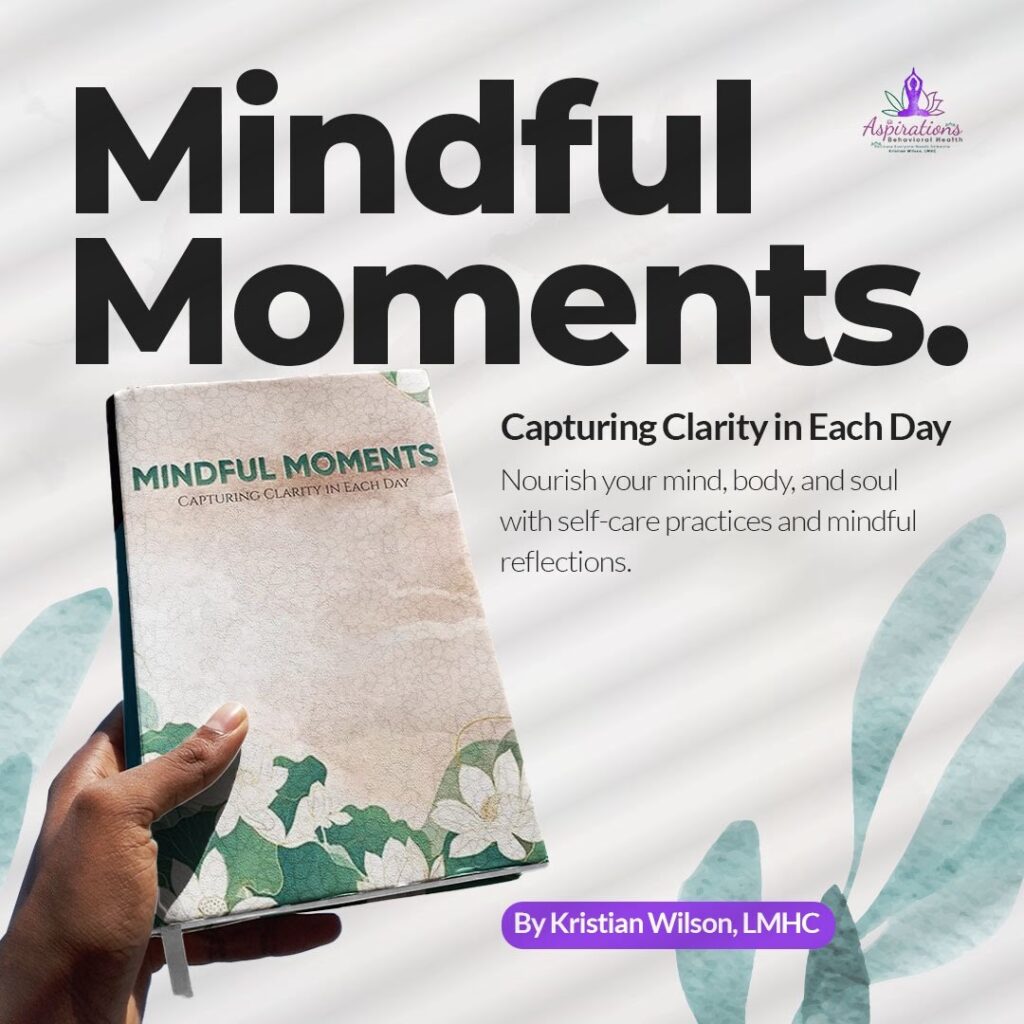Common marriage problems can feel overwhelming, isolating couples in a maze of confusion and pain. The challenges often mask underlying issues, from small irritations to deeper rifts. These manifest as presenting problems in therapy, making it difficult to pinpoint the true culprits of marital discord. However, there’s hope on the horizon. Through the transformative power of counseling marriage problems, couples can uncover and address these hidden concerns.
In this enlightening essay, we decode 19 common relationship stumbling blocks and demonstrate how professional counseling might be the key to long-term peace. Understanding these questions might be the first step toward rekindling your bond, whether you’re newlyweds or have been married for decades. Dive in and uncover the tools you need to build your relationship’s foundation.
Takeaway
- Every relationship, regardless of its duration or depth, faces challenges. These hurdles can range from daily disagreements to life-altering events.
- Open communication, mutual respect, and a willingness to seek external guidance, like that from Aspirations Behavioral Health, are pivotal in navigating relationship hurdles.
- Online counseling offers an accessible, convenient, and effective means to gain insights, tools, and strategies for relationship growth.
- Prioritizing the relationship, actively addressing concerns, and embracing continuous learning is essential to cultivating lasting bonds.
19 Relationship Problems That Even the Happiest Couples Face
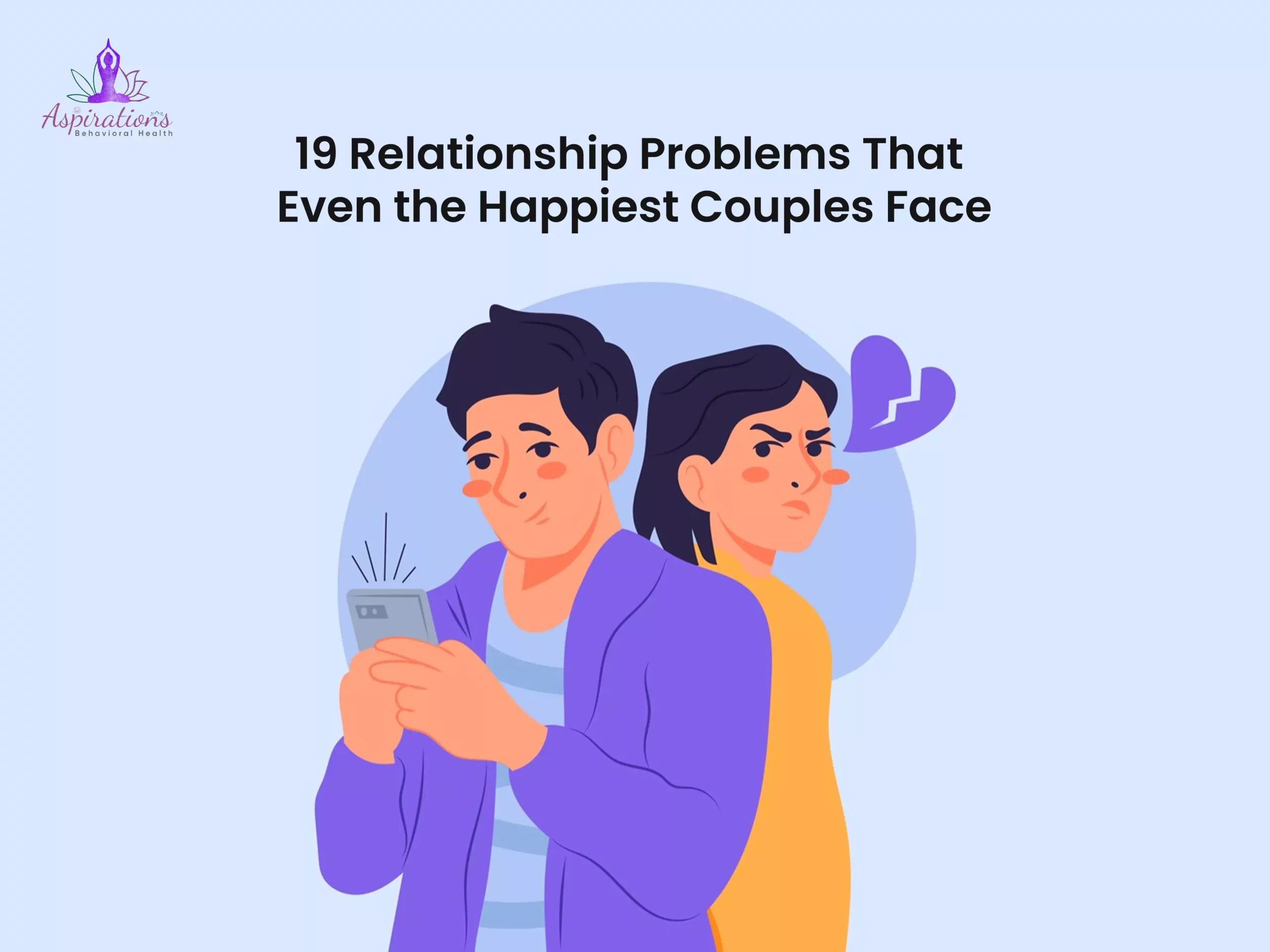
No matter how in sync, every couple faces moments of doubt and difficulty. Counseling for relationship problems offers a lifeline, turning challenges into opportunities for growth. Through marriage problem counseling, couples unearth solutions and rediscover their shared joy. In this article, we’ll unveil 19 universal relationship problems, shedding light on the fact that no love story is without its plot twists. Dive in and find solace in shared experiences.
1. Jealousy and Possessiveness
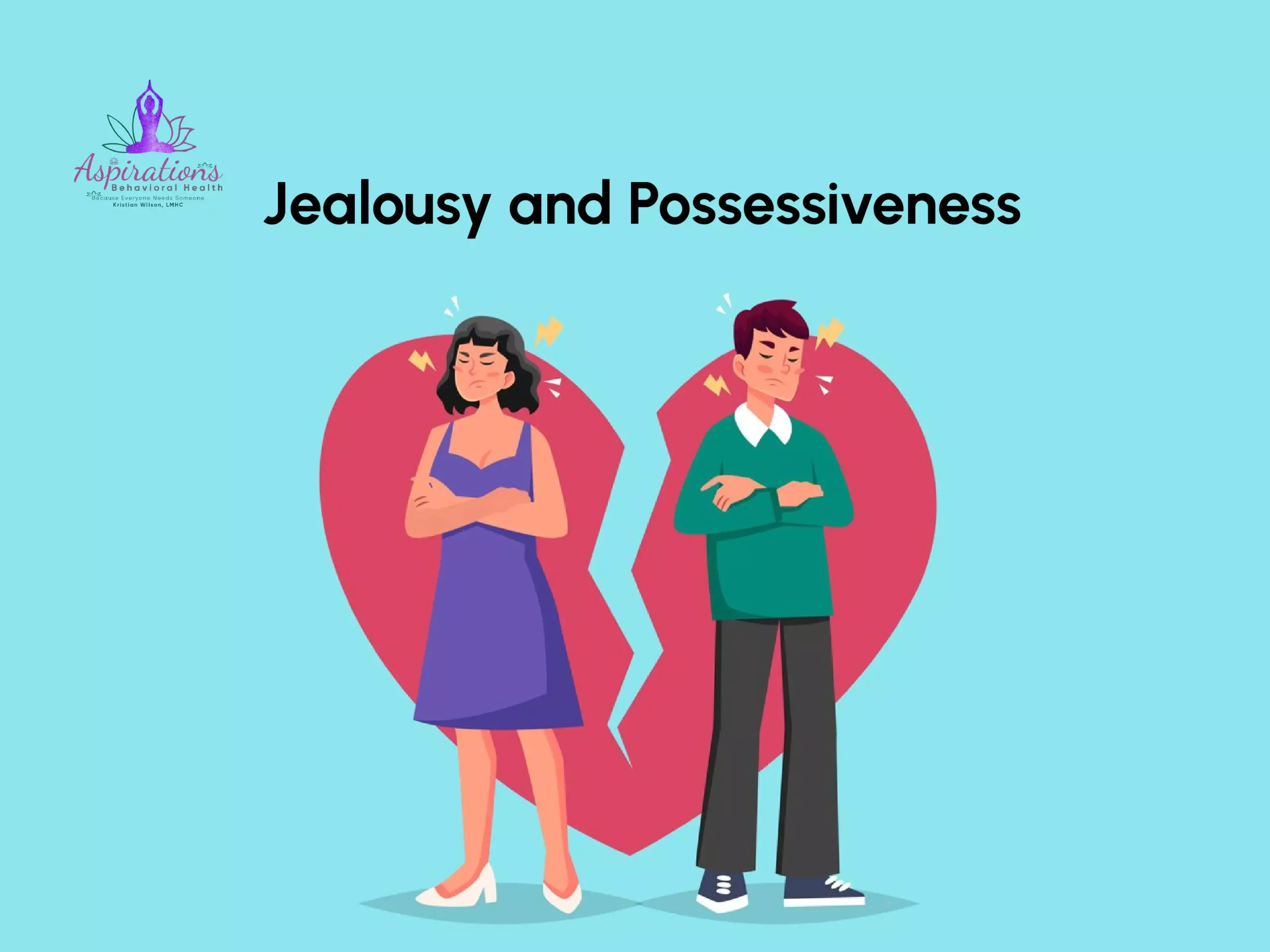
Jealousy, also known as the “green-eyed monster,” is an emotion that can be equally damaging. It is caused by insecurity, apprehension of desertion, or a history of betrayal. If unchecked, this feeling can develop into possessiveness, with one partner demanding undue attention, limiting the other’s freedom, or continually doubting their commitment. Even the strongest relationships can be strained by such behavior, causing mistrust and discomfort in a partnership.
Solution
The antidote is open communication. Begin by acknowledging your sentiments without reacting to them rashly. Partners must provide a comfortable environment to communicate their concerns and fears. Activities that foster trust and establish healthy boundaries can be quite beneficial. If jealousy becomes overwhelming, consider seeking counselling for relationship problems. External guidance can offer perspective and strategies to rebuild trust.
2. Opposing Values
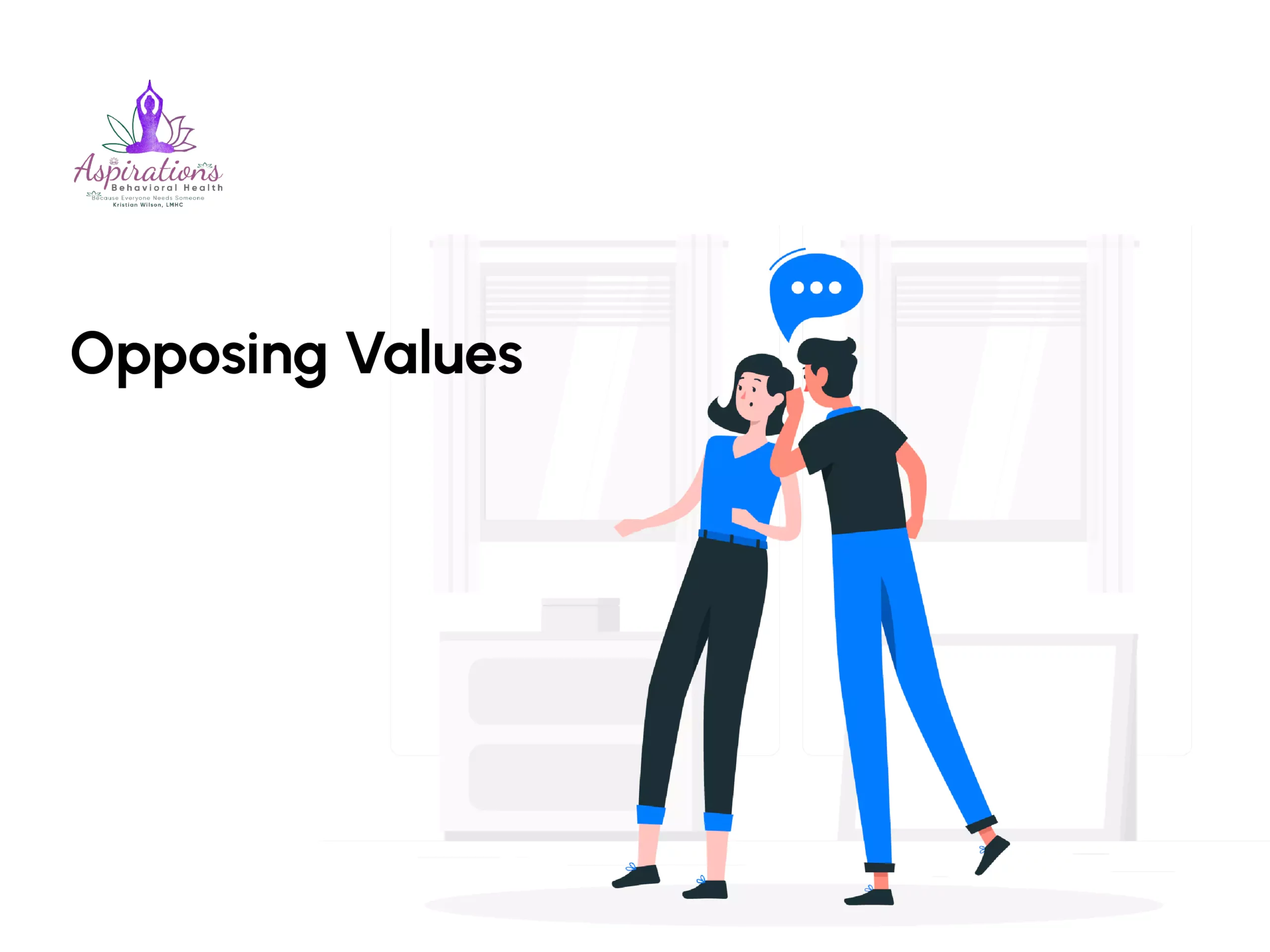
Each person carries values influenced by upbringing, experiences, and personal introspection. Sometimes, spouses discover that some of their underlying ideas are diametrically incompatible. These competing values concern income, family, career goals, or recreational interests. While differences can strengthen a relationship, strongly opposing values can lead to frequent clashes and feelings of estrangement.
Solution
Respect and compromise are key. Recognize that it’s okay to disagree. Engage in calm, non-confrontational discussions to understand each other’s perspectives. Sometimes, a middle ground can be found. In cases where compromise seems elusive, marriage problems counseling can provide tools to navigate the divergence without sacrificing the relationship’s foundation. Remember, it’s not about changing each other but understanding and respecting differences.
3. Feeling Overwhelmed
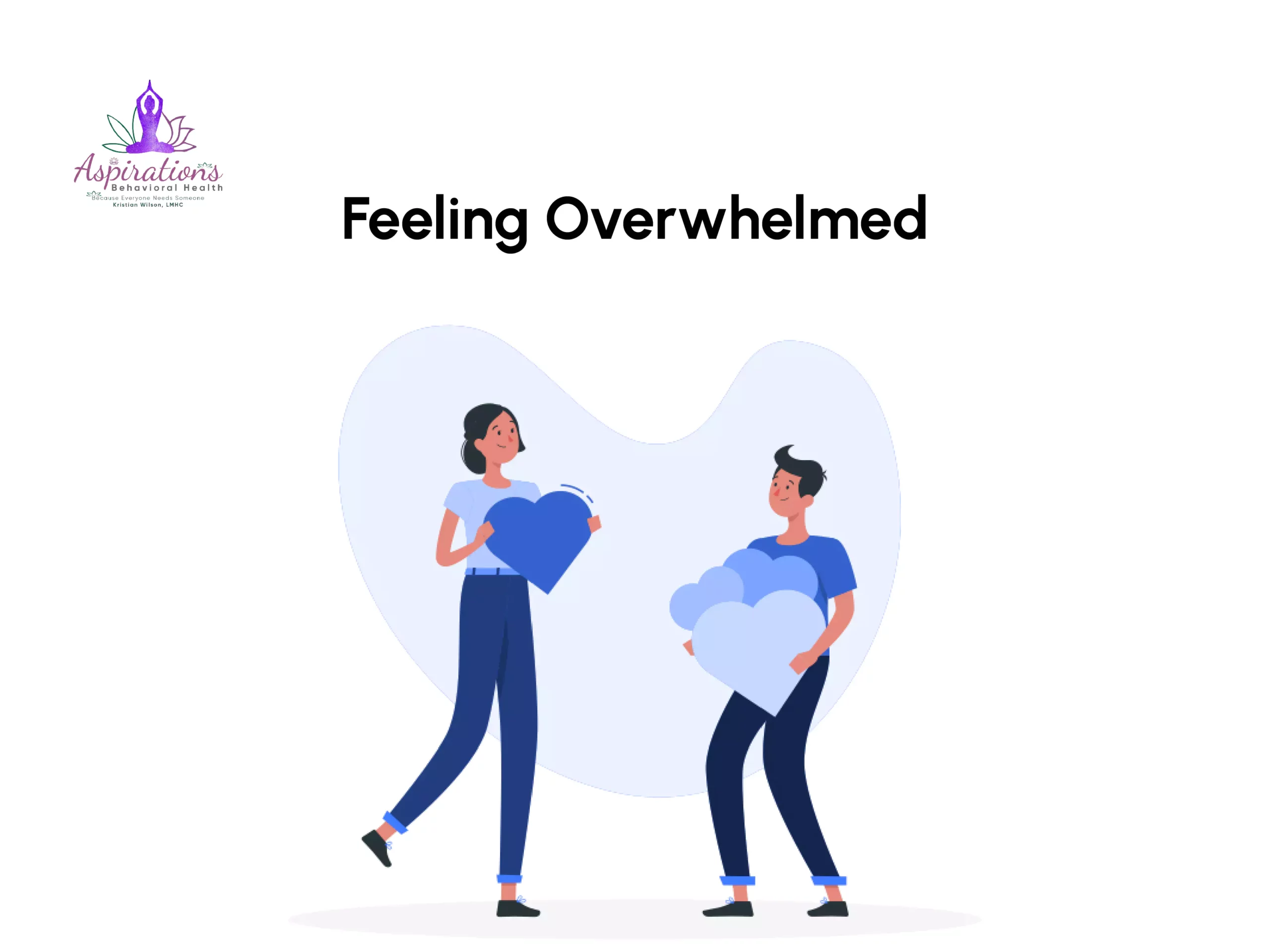
Modern life has overwhelmed me with its demands and fast pace, typically for many people. Relationships, while a source of comfort and affection, are not immune to stress. Couples are frequently burdened with too many obligations due to career responsibilities, family responsibilities, social commitments, and personal ambitions.
This sense of drowning amid daily responsibilities can result in feelings of inadequacy and alienation between partners. That emotional connection might erode with time, leaving both people feeling like ships passing in the night, straining to find moments of connection amid the bustle.
Solution
Prioritize self-care and set boundaries. Allocate dedicated ‘us’ time, where you disconnect from external stressors and focus solely on each other. Simple acts, like a date night or a short getaway, can rekindle intimacy. If the feeling persists, consider counseling for relationship problems to develop coping strategies.
4. Repeated Conflicts
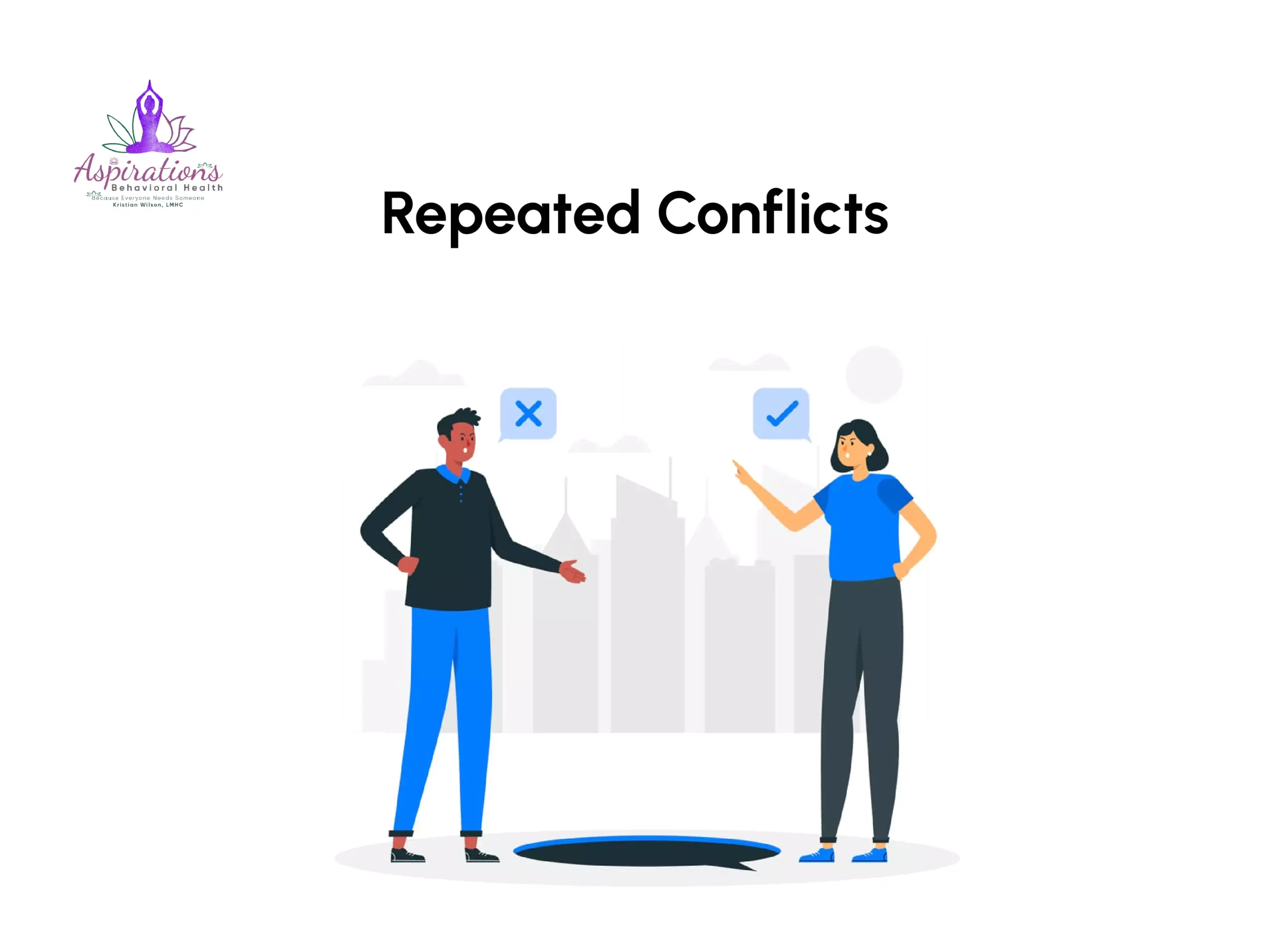
Disagreements and confrontations are an unavoidable common thread in the fabric of relationships. If the same problem arises repeatedly, it signals a deeper, unsolved issue. These recurring conflicts can be exhausting and destroy the relationship’s basis rock by rock.
These reoccurring confrontations are frequently the result of unresolved sentiments, unfulfilled needs, or unresolved animosity. If not handled, these recurring confrontations can spiral into a vicious cycle, leaving both sides feeling unheard and unappreciated. Tensions have eclipsed the once-shared serenity, and each new disagreement perpetuates unfavorable patterns of interaction.
Solution
Pause and reflect on the root causes. Open a line of communication without blame. Sometimes, an external perspective helps; marriage problems counseling can offer techniques to break the cycle of repetitive disagreements and find constructive solutions.
5. Divorce

Divorce, a word laden with broken ambitions and unmet promises, is frequently viewed as the closing chapter in a couple’s narrative. It results from continuing problems, unresolved conflicts, and emotional alienation. Although it is occasionally a mutual choice, it is more often than not a painful one owing to constant struggle and despair.
A divorce is more than just the formal breakup of a marriage; it also signifies the loss of shared memories, shared objectives, and mutual relationships that have developed through time. Just thinking about it can create a chain reaction of feelings ranging from relief to regret, rage to dread. It is frequently accompanied by social stigma, complicating an already tough journey for individuals affected.
Solution
Before taking this significant step, consider a period of separation to introspect. Engage in counseling for relationship problems to explore if reconciliation is possible. However, if divorce becomes inevitable, ensure it’s approached amicably, focusing on mutual respect and, if applicable, the well-being of the children involved.
6. Different Visions for the Future

Each participant has painted their future ambitions on the canvas, creating a unique narrative shaped by personal experiences, values, and desires. When two people meet, their individual points of view may sometimes clash rather than agree. A couple may find themselves at a crossroads, with one yearning for the hustle and bustle of city life and the other yearning for quiet mornings in the countryside.
These many approaches can result in misunderstandings and emotions of abandonment or misunderstanding. If not addressed carefully, such differences cause a schism between partners, making them feel they are going alone rather than as a pair. Harmonizing these disparate desires is a delicate ballet that necessitates open dialogue, mutual respect, and, at times, compromise.
Solution
Engage in open dialogue about your aspirations. Seek compromise or find ways to integrate both visions harmoniously. If aligning your dreams proves challenging, consider marriage problems counseling to forge a shared path, ensuring both partners feel fulfilled and valued.
7. Communication Problems
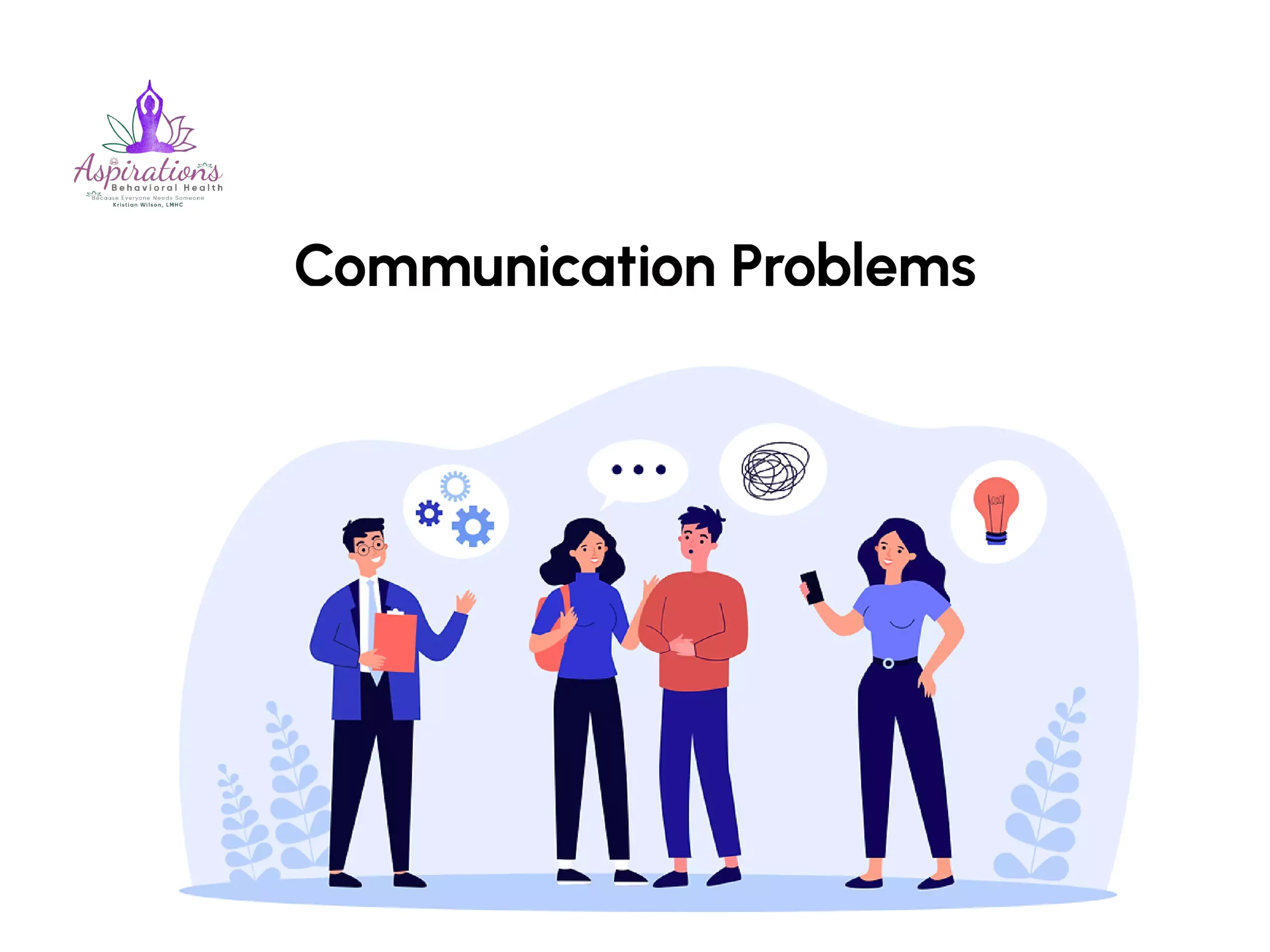
Communication is the lifeblood of every relationship, serving as a link between two people and their worlds. Misunderstandings and distance can rapidly occur when this bridge becomes fragile. Misinterpretations, unstated feelings, and unspoken concerns are all causes of communication problems. Words uttered in haste or under stress can be misconstrued, aggravating the disagreement.
In other circumstances, spouses retreat into their shells, avoiding confrontation but distancing themselves. When communication breaks down, parties in a relationship may feel isolated and unclear of one other’s feelings and intentions. This can weaken the trust and intimacy that links them over time, turning minor issues into significant obstacles.
Solution
Actively listen and speak with empathy. Schedule regular check-ins to discuss feelings and concerns. Consider couples therapy or workshops to improve communication skills. Recognize that verbal and non-verbal cues play a role, and strive for clarity and openness in interactions.
8. Allocation of Household Responsibilities
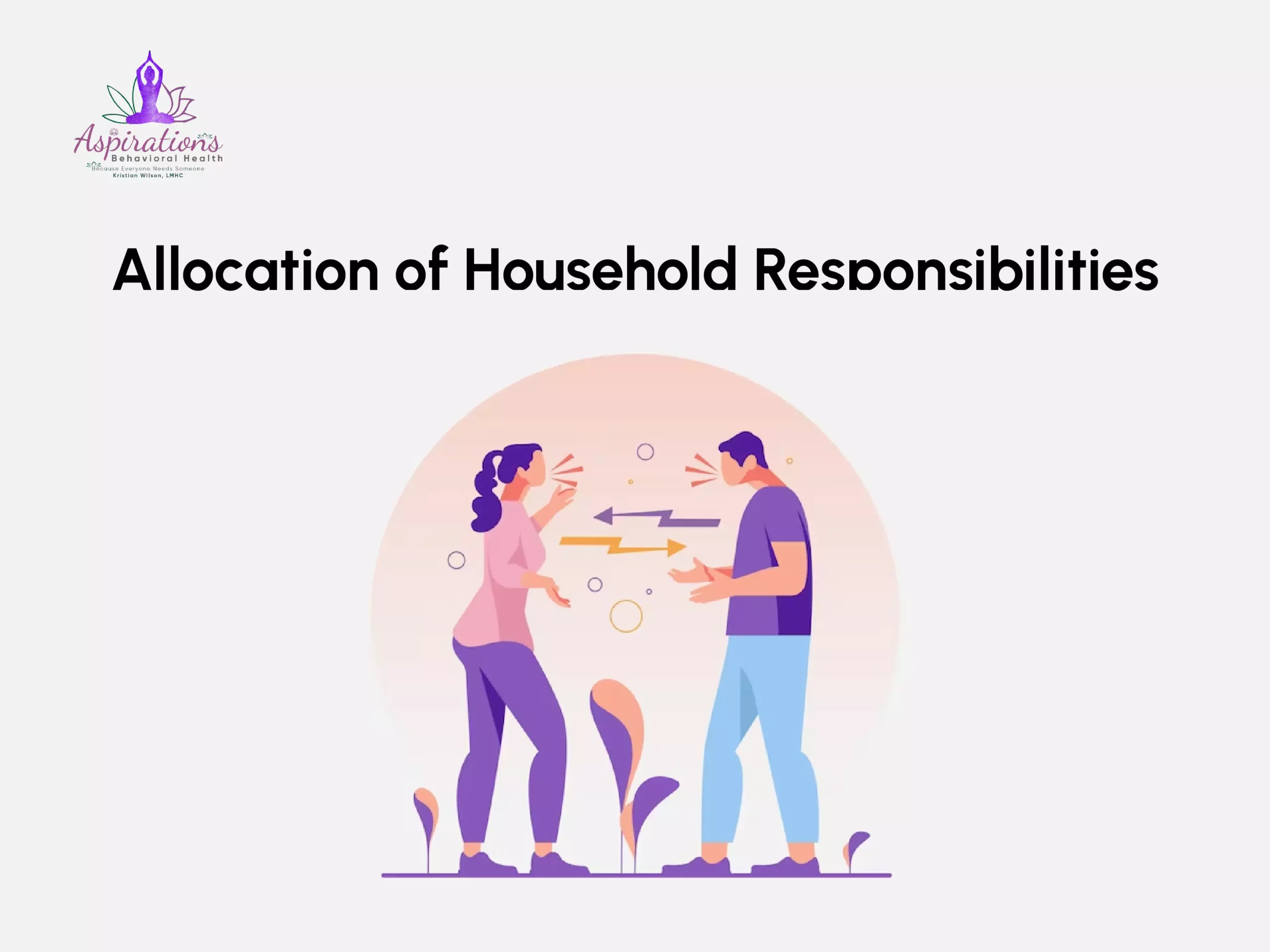
From payments and duties to parenting, there are several tasks in the modern family. These tasks’ unequal or seemingly unjust distribution is a typical source of contention between couples. A partner frequently feels burdened or unappreciated, which leads to hate.
Traditional roles or cultural expectations with assumptions about who should execute which chores can encourage these attitudes. As the days, months, and years pass, a minor quarrel over the courts or finances can escalate into a major issue that overshadows the joy of family life together.
Solution
Open dialogue is crucial. Sit down and discuss each partner’s expectations and comfort levels. Create a shared task list, ensuring an equitable distribution. Regularly reassess and adjust as life situations change, ensuring both partners feel valued and heard.
9. Mental Health issues
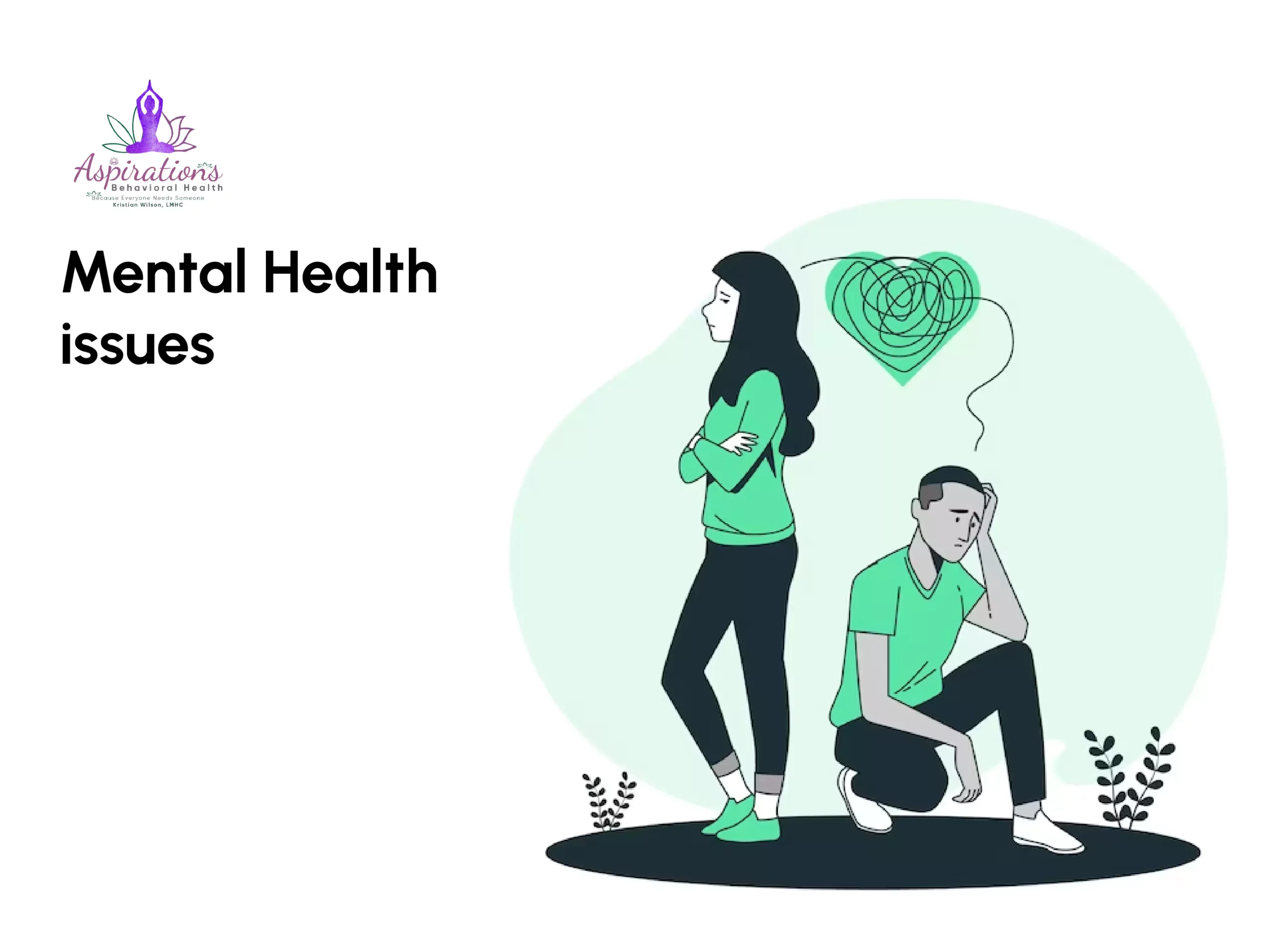
Once considered a taboo subject, mental health has emerged as an essential component of overall well-being. One or both parties in a relationship may suffer from mental health concerns ranging from sadness and anxiety to more serious disorders.
Such conflicts can significantly impact a relationship’s dynamics, resulting in misunderstandings, feelings of helplessness, or tense exchanges. The partner not affected by this illness may feel overwhelmed, while the one affected may feel alone or guilty, believing they are burdening their loved one.
Solution
Seek professional help. Therapy, either individually or as a couple, can offer coping strategies and understanding. Educate yourselves about the specific condition, ensuring a supportive environment. Remember, it’s a journey both partners navigate together, leaning on love and understanding.
10. Frequent Fights
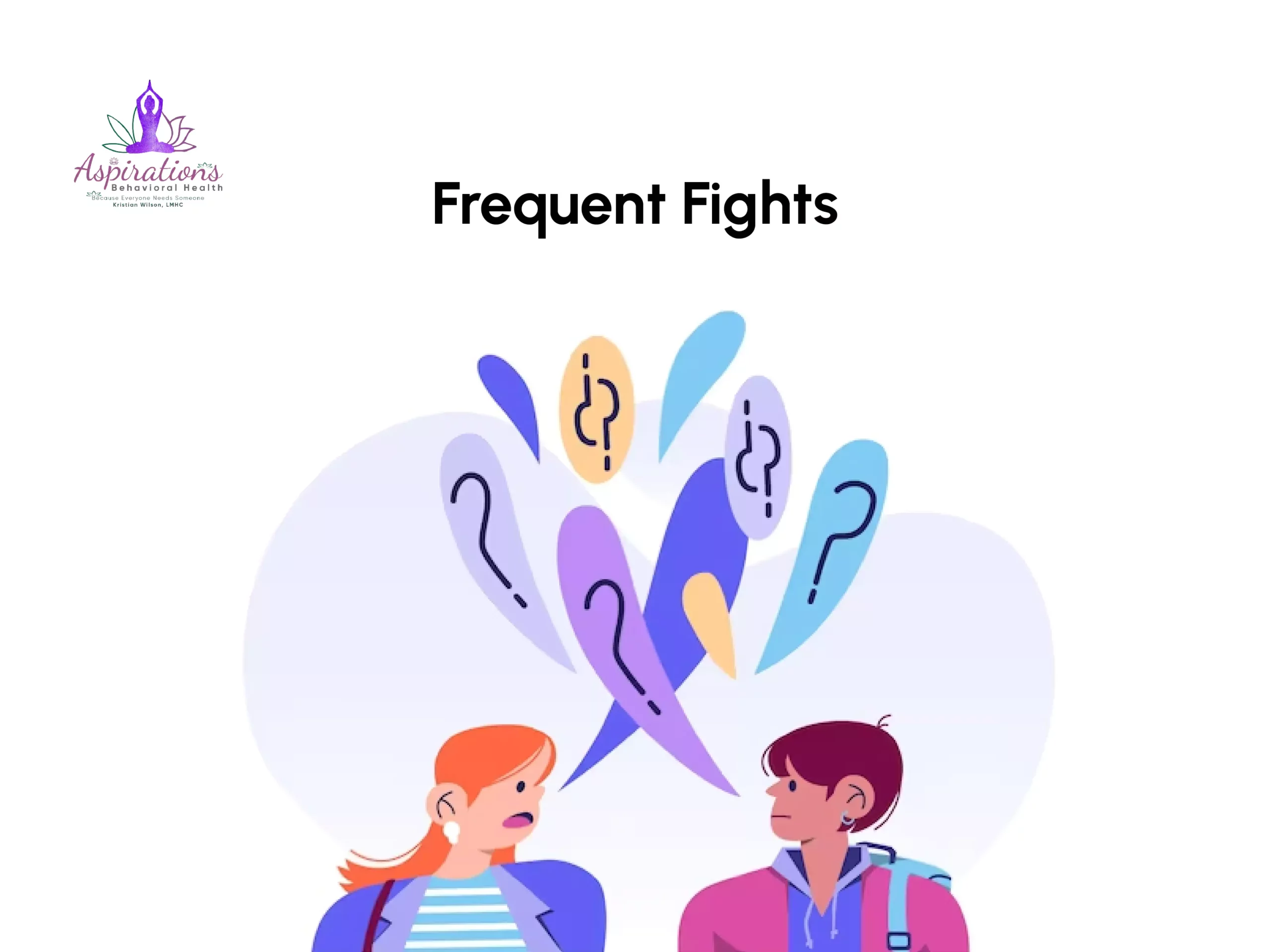
Arguments are normal in any relationship, but when they become frequent, they suggest deeper issues. These recurrent confrontations may result from unresolved previous grievances, unfulfilled demands, or a communication style mismatch. A persistent state of tension can strain the fabric of the relationship and erode the foundation of trust and mutual respect.
These recurring clashes can lead to emotional weariness over time, with partners walking on eggshells in anticipation of the next inevitable dispute. The essence of the partnership – love, understanding, and shared delight – might be overwhelmed by the impending fight.
Solution
Determine the underlying reasons for conflict. Prioritize open communication, active listening, and validating each other’s feelings. Consider marriage counseling to help you build effective communication and conflict-resolution tactics. Remember that understanding is more important than winning.
11. PTSD, Grief, or Loss
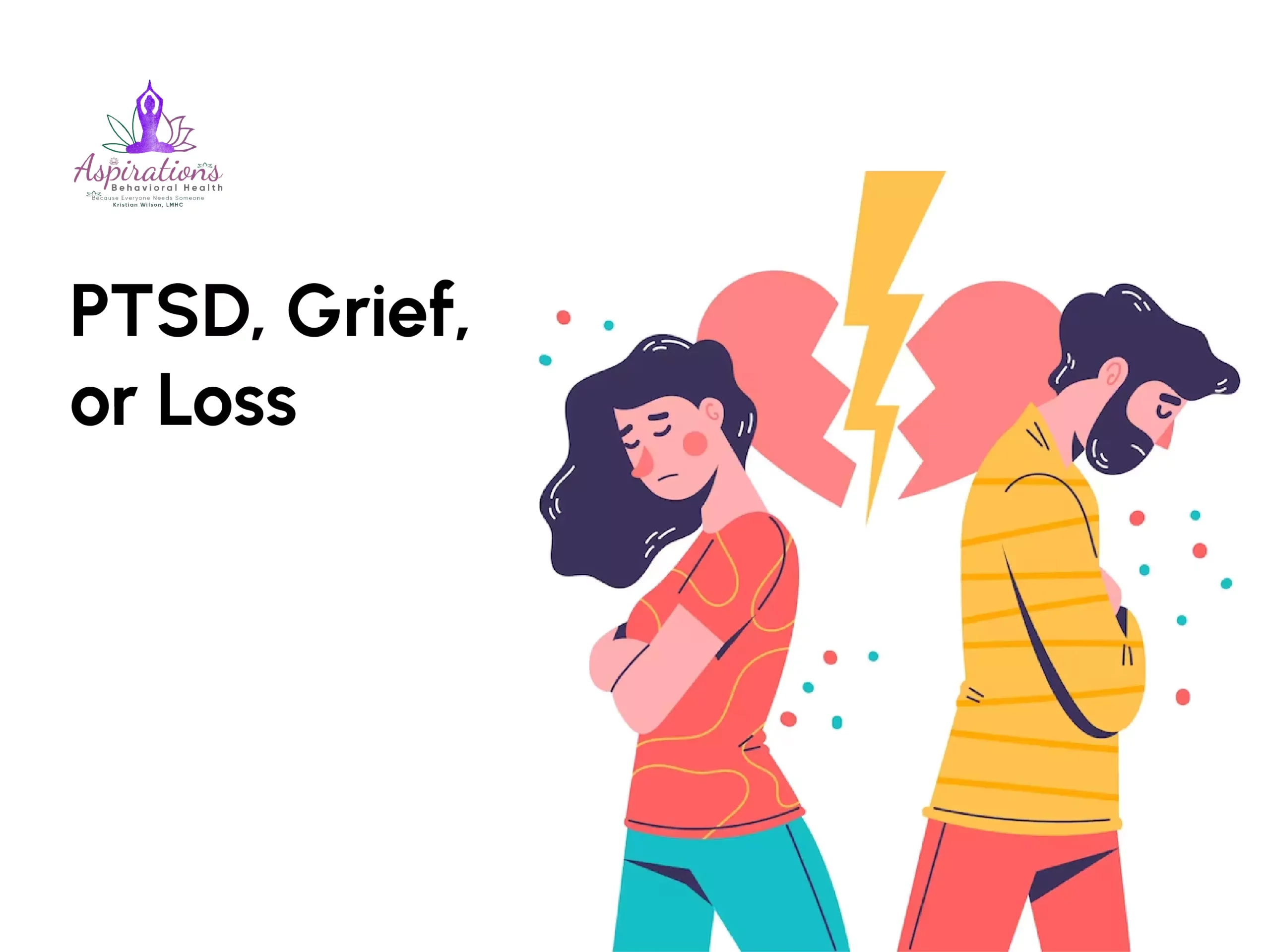
Life’s unpredictability can result in severe traumas such as post-traumatic stress disorder (PTSD), painful sadness, or the hollow emptiness of loss. These events can leave lasting emotional scars, distort one’s view of reality, and interfere with regular interactions. Relationships are tested as the spouse who suffered the trauma may withdraw, become overly sensitive, or battle overpowering emotions.
This metamorphosis can lead to a split, leaving the unaffected spouse feeling helpless and unable to cope with the new dynamic and provide the necessary support. To recover and reconnect from the emotional turbulence produced by PTSD, grief, or loss, patience, understanding, and often outside counsel are required.
Solution
Seek counseling or therapy. It can offer coping strategies to the affected partner and advise the supportive partner. Sharing sentiments, concerns, and hopes requires open communication. Remember that healing is a process that requires patience, understanding, and love.
12. Differences in Parenting Styles
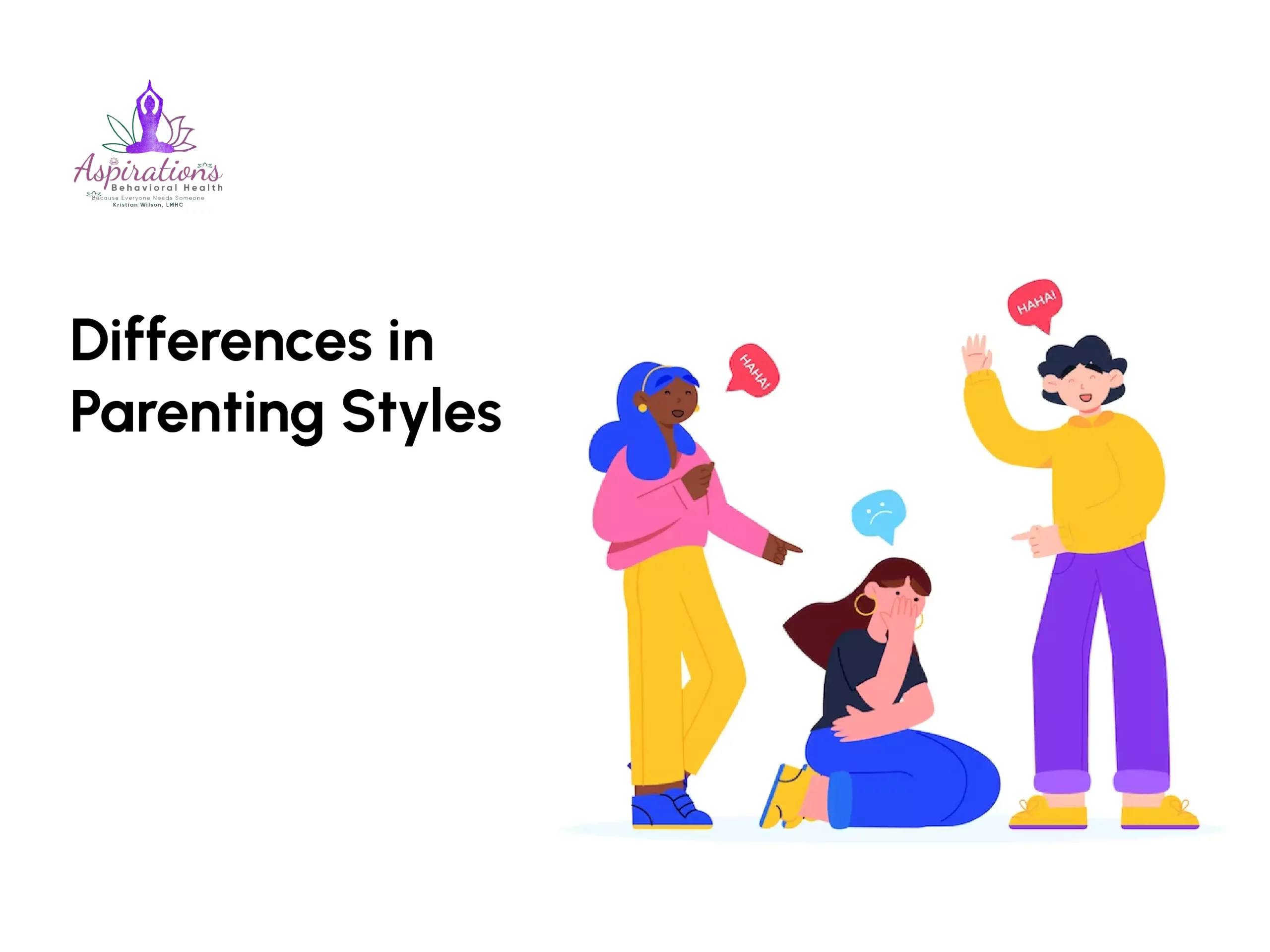
Parenthood, a journey full of joys and hardships, frequently shows ideologies that differ between spouses. These various methods, affected by individual upbringings, views, and experiences, can occasionally lead to conflict and stress in the partnership. One parent may place a premium on discipline, while another on creativity and flexibility.
Such variances might lead to arguments when one person believes the other’s methods are not in the child’s best interests. This argument impacts the partners’ relationship and can convey contradictory messages to the child. Achieving balance and a harmonic approach is critical to ensure the child’s well-being and the health of the parental connection.
Solution
Participate in open debates regarding parenting perspectives. Attend parenting classes or read books together to discover a happy medium. We must portray a united face to the youngsters; finding concessions and consistency is critical. Family counseling can provide useful insights and techniques.
13. Trust Issues
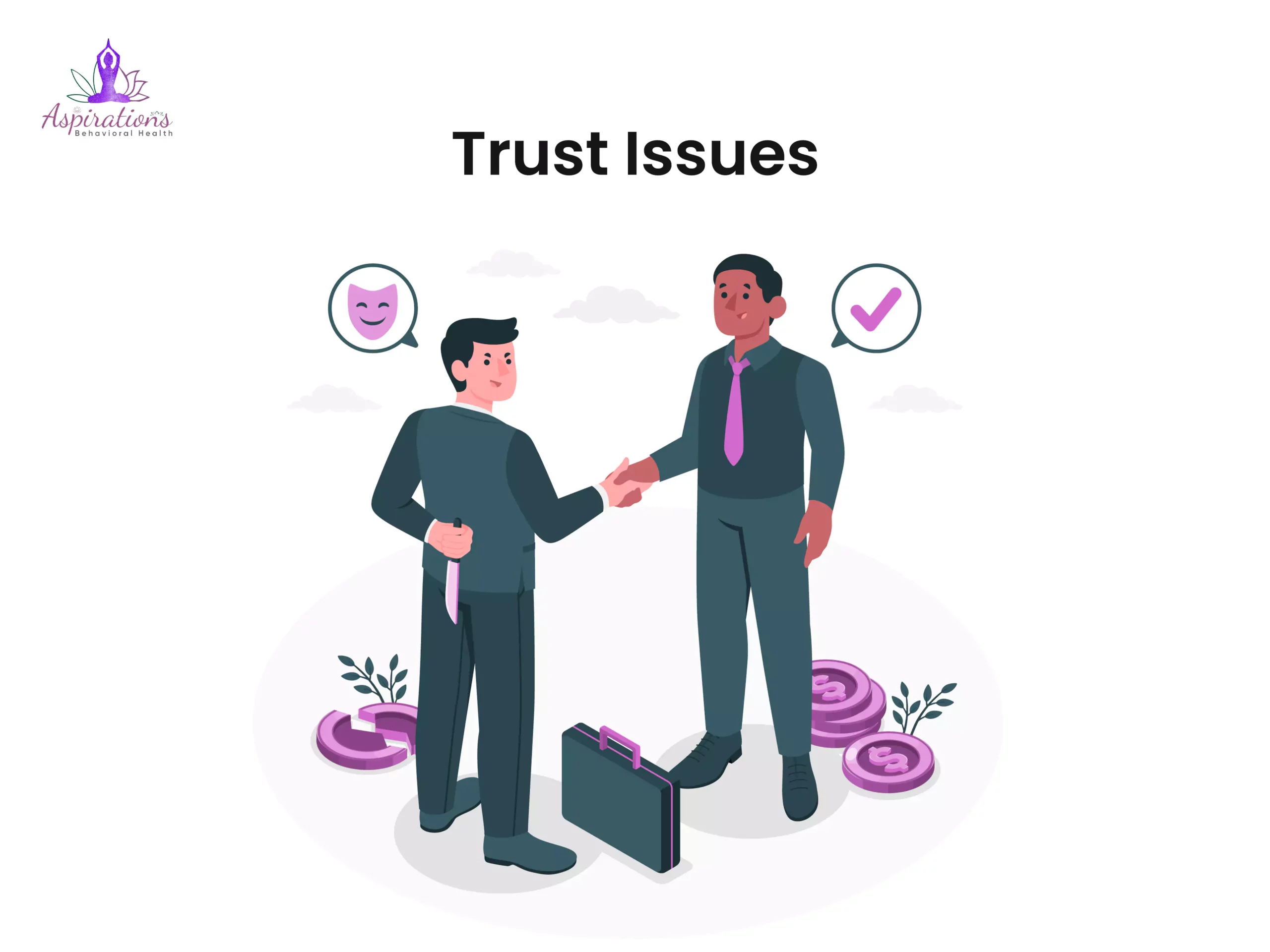
The foundation of trust lies at the heart of every successful relationship. When cracks form in this foundation, the entire relationship is affected. Trust issues arise due to past betrayals, misunderstandings, or outside forces that sow seeds of distrust. Such issues manifest as continual mistrust, a sense of vulnerability, and a constant fear of deception.
Partners may question each other’s actions, producing a tense and uncomfortable environment. This pervasive distrust inhibits the connection and openness required for love to thrive. If addressed, these concerns can convert the partnership into a maze of walls and hurdles, making genuine connections more manageable.
Solution
Communication that is open and honest is a must. Address the source of the mistrust and, if required, seek the assistance of couples to rebuild the trust foundation. Setting limits and being transparent can help with the healing process. Remember that rebuilding trust takes time, patience, and constant work. Sometimes, you might feel the need to go on therapy alone. Right? You must look into our guide focusing on going to marriage counseling alone to make things work.
14. Financial Distress
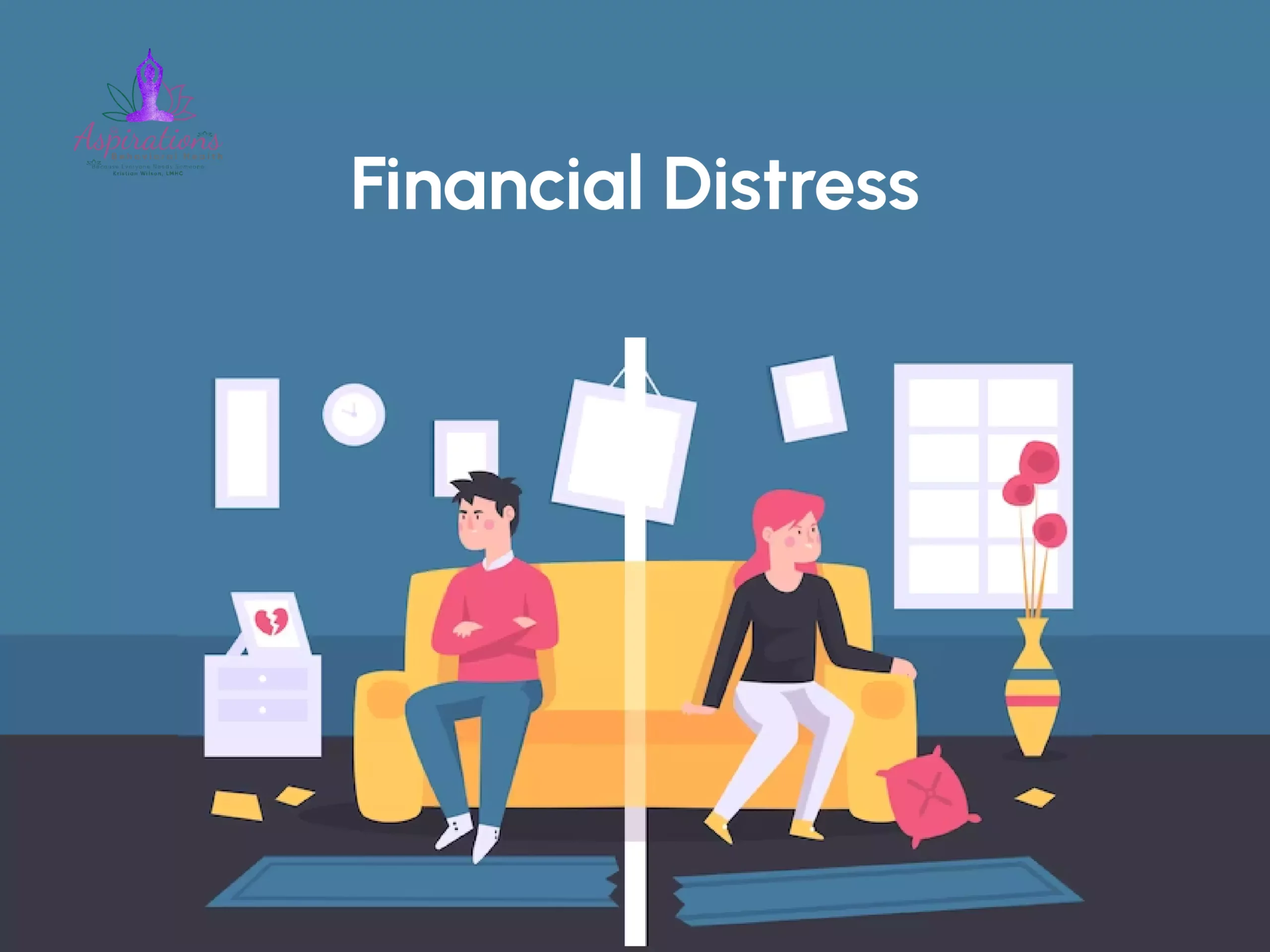
Although money is a real number, it has an intangible impact on emotions, behavior, and relationships. Financial issues might emerge due to unanticipated bills, job losses, or differing financial beliefs between spouses. These financial difficulties are frequently a major source of conflict, and discussions about money are loaded with guilt, irritation, or dread.
Financial inequalities can overshadow other parts of a relationship, making it difficult to build an emotional connection. Decisions to save, invest, or spend can become a war, revealing fundamental trust, security, and values issues. Furthermore, cultural expectations and external judgments about financial achievement can exacerbate the internal stress of a money-stressed relationship.
Solution
An honest discussion about money is necessary. Create a combined budget that considers both immediate needs and long-term goals. Consider obtaining financial counsel to assist you in navigating complicated situations and making sound decisions. Regular financial checks keep both partners informed and up to date, avoiding surprises and promoting cooperation.
15. Sexual Difficulties
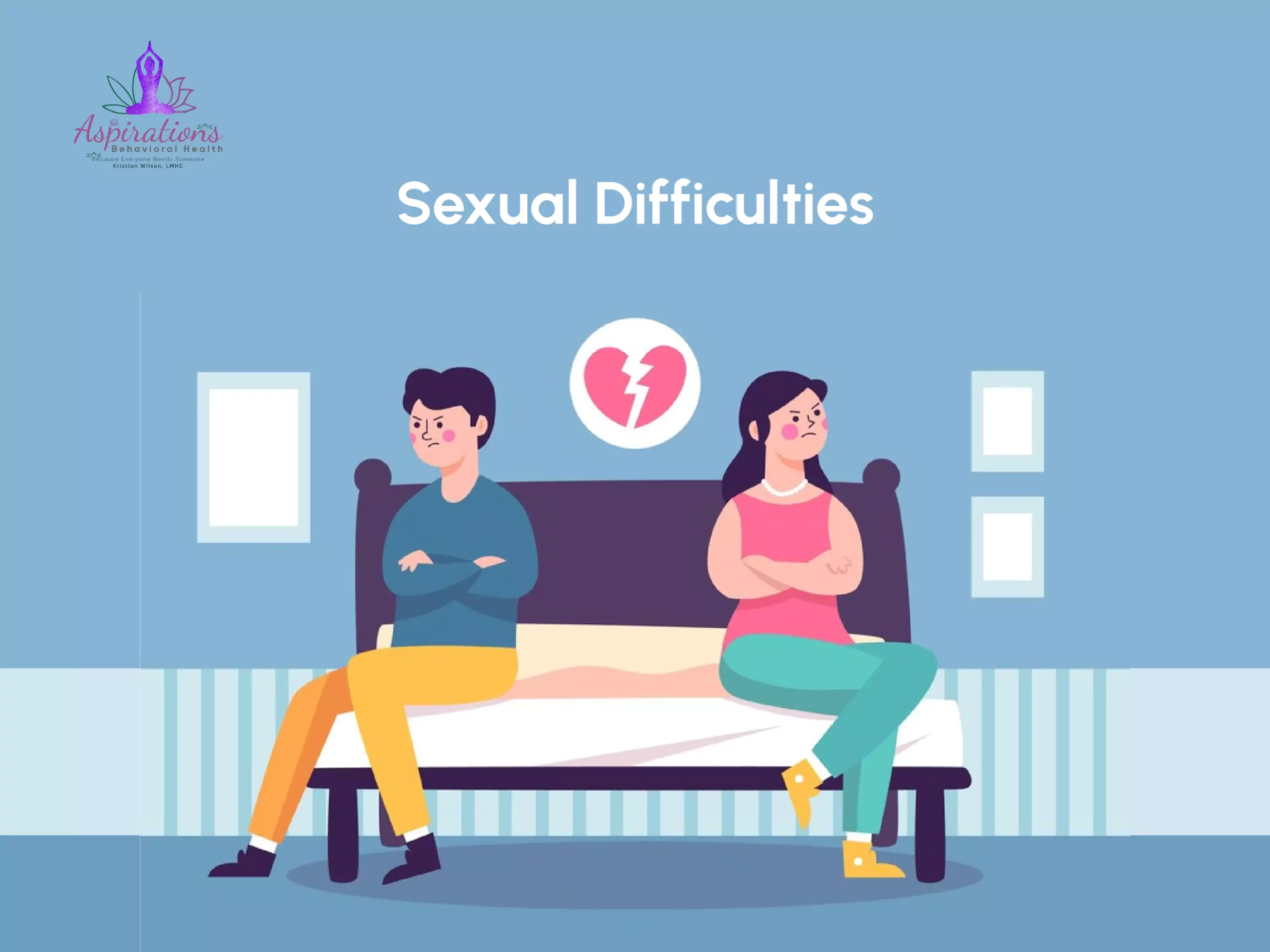
In romantic partnerships, sexual connection is a key foundation of intimacy. However, many couples experience sexual problems for various reasons, including health issues, past trauma, mismatched libidos, or shifting preferences.
These difficulties can lead to feelings of inadequacy, rejection, or loneliness, with partners frequently treading carefully for fear of exacerbating the issue. Misunderstandings and resentment can occur when these challenges are not tackled honestly, negatively affecting the quality and satisfaction of the relationship.
Solution
Communication that is open and nonjudgmental is essential. Partners should communicate their feelings, concerns, and desires without blaming others. Professional counseling or sex therapy can offer useful insights, tactics, and resources for improving connection and addressing underlying issues.
16. Internal or External Boundaries
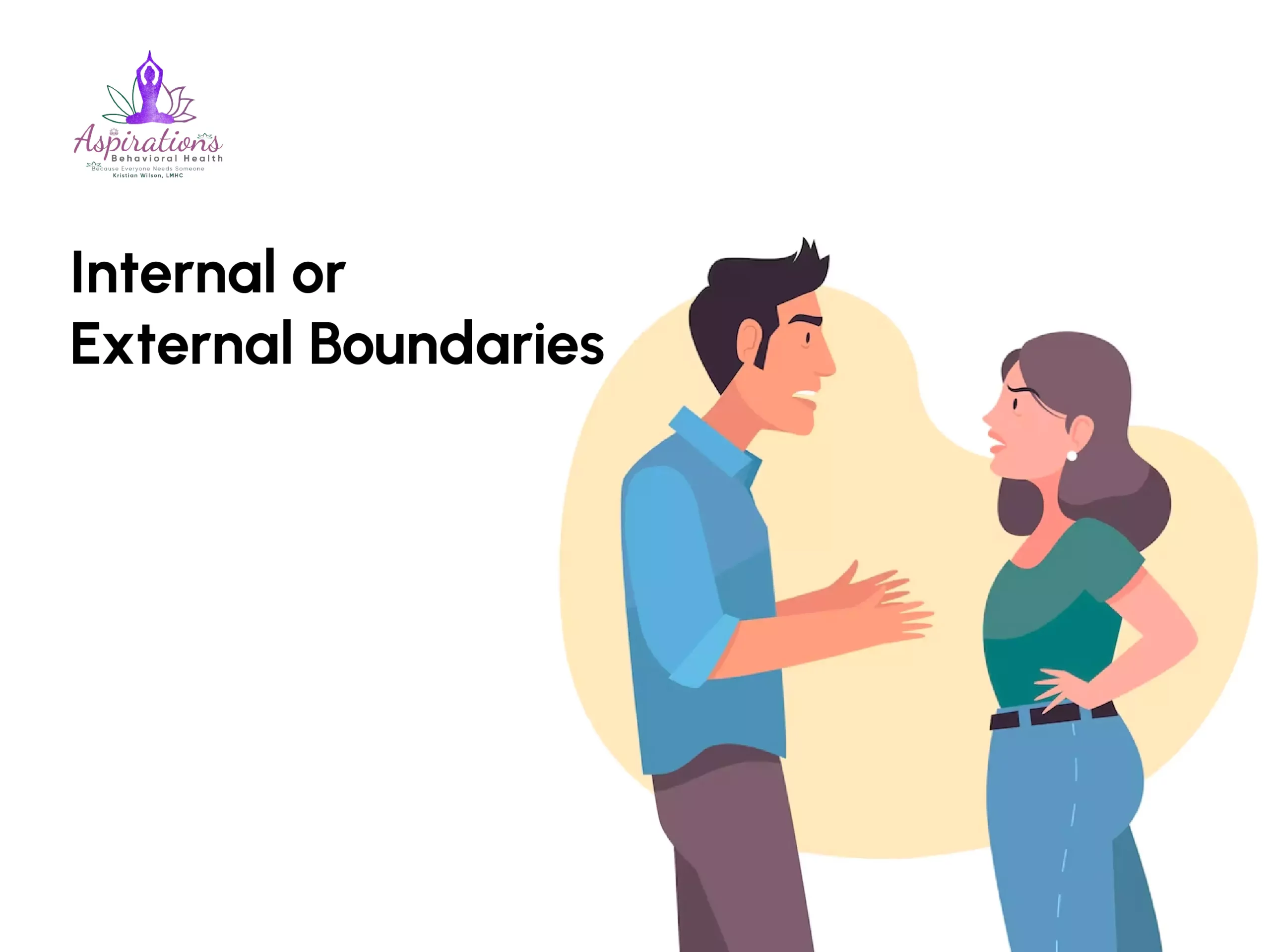
Borders exist in everyone, whether internal emotional borders or external interpersonal obstacles. These limits can occasionally clash or be misinterpreted in partnerships. Internal boundaries may concern emotional availability, prior trauma, or personal space, whereas exterior boundaries may concern connections with friends and family or work-life balance.
Overcoming these boundaries necessitates comprehension, respect, and communication, but if managed poorly, they can result in emotions of disturbance, neglect, or disrespect.
Solution
Discuss openly personal boundaries and expectations. Mutual regard is essential. Understanding each other’s boundaries and working together to build a common strategy ensures that both parties feel respected, heard, and safe.
17. Lifestyle Differences
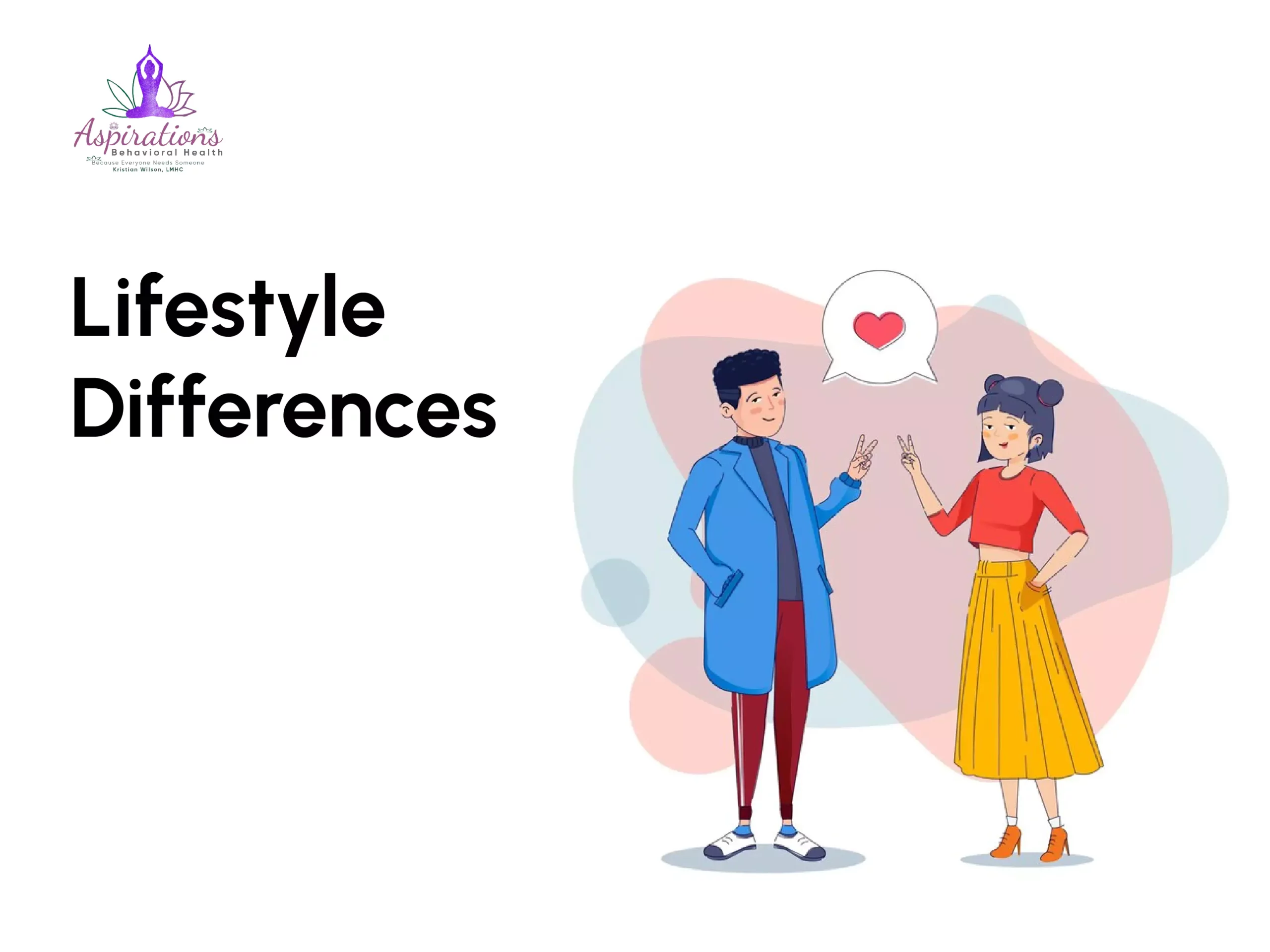
Dietary habits, exercise routines, leisure hobbies, and social involvement vary substantially between spouses. Someone may be a fitness fanatic, but another may favor a more passive pastime.
Although these differences may appear trivial, they lead to misunderstandings, judgments, or feelings of incompatibility. If not addressed over time, these differences can expand the distance between spouses and make shared experiences less common.
Solution
Individual decisions should be celebrated while finding common ground. Plan cooperative activities that are beneficial to both parties. Couples who are open and willing to compromise can accept their differences while establishing shared memories and experiences. Or even you can go for a family therapy. We would like our guide on the nine goals and benefits of family counseling.
18.Loss of a Child 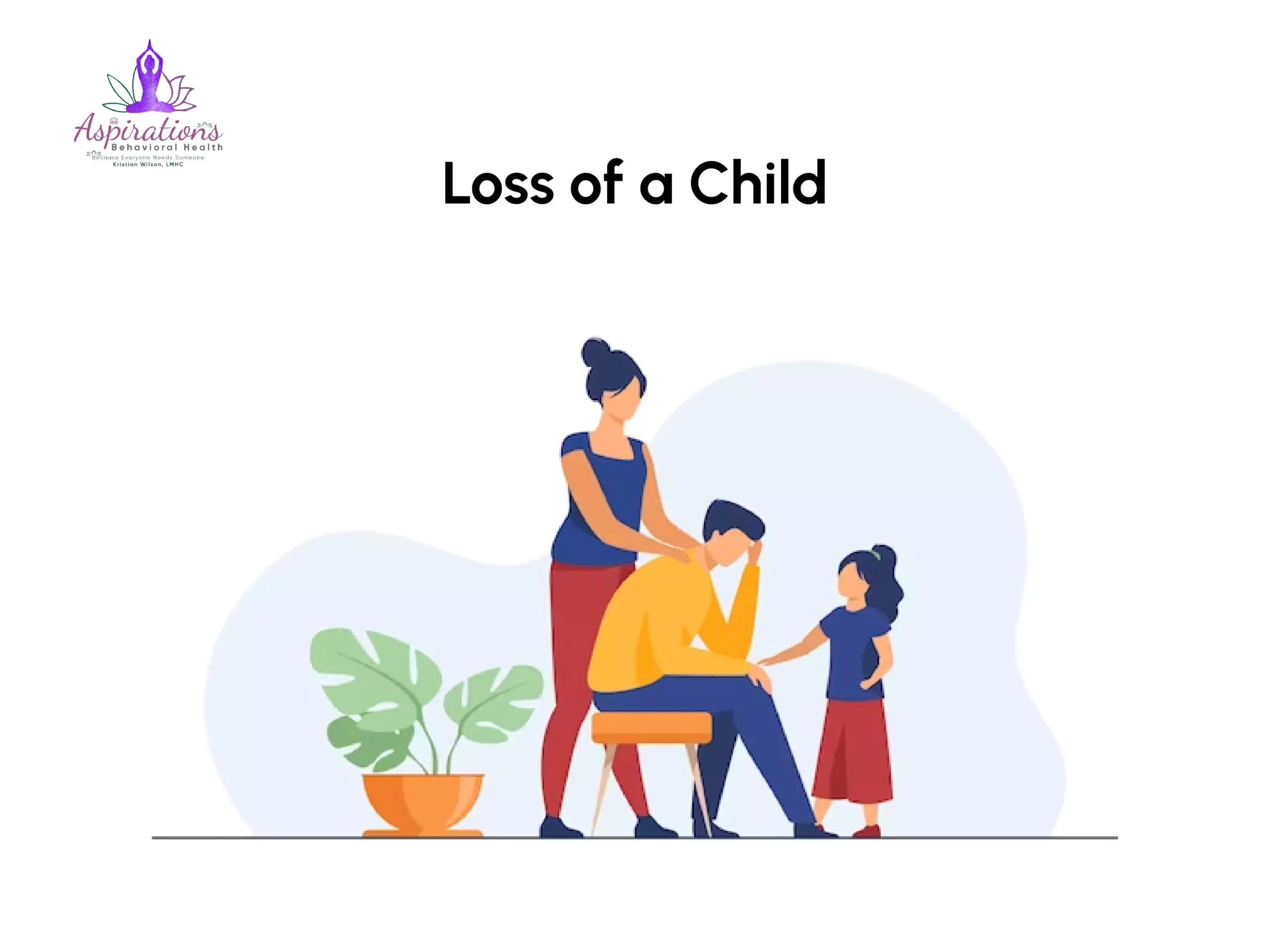
The anguish of losing a child is incalculable, an unfathomable emotion. It is a grief that engulfs parents, frequently accompanied by guilt, wrath, and an overwhelming sense of powerlessness. This severe loss can result in significant changes in a relationship as each partner struggles with their grief, which manifests differently for each individual.
Others may seek external outlets for their anguish, while others may withdraw quietly. Even when both are grieving, this disparity in coping can contribute to feelings of isolation. As a result, we all must work together to overcome this difficult journey.
Solution
Open communication is paramount. Seek grief counseling or support groups to navigate the complex emotions. Remember to lean on each other, respecting each one’s unique grieving process and finding strength in shared memories and love.
19. Infertility
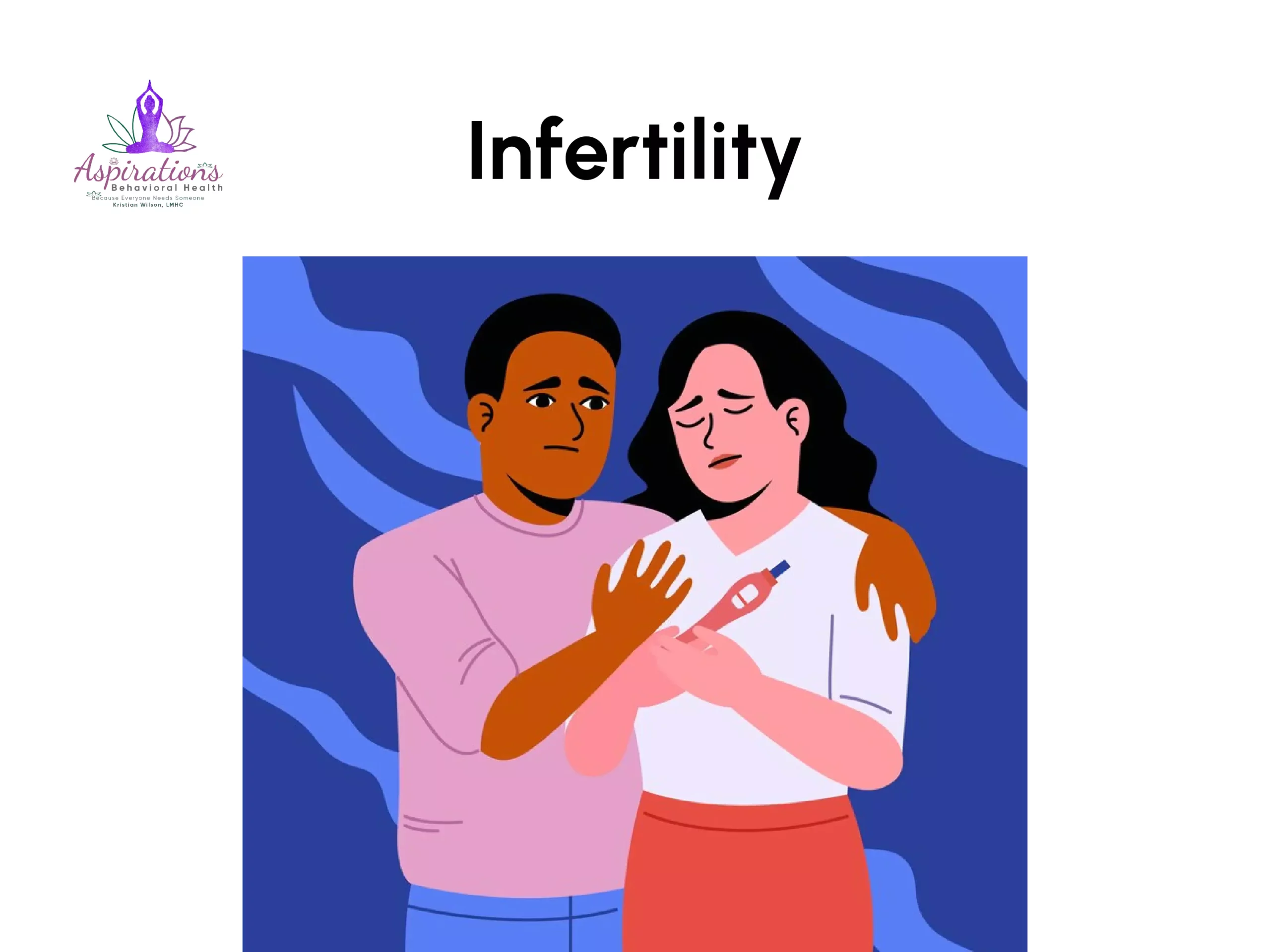
In the face of infertility, the parenting journey, frequently considered a normal stage for many couples, can be painful. This task elicits many emotions, from profound sadness and irritation to thoughts of inadequacy or guilt.
Infertility is more than simply a medical issue; it is also an emotional and psychological battleground. The recurring cycles of hope and despair can strain even the strongest relationships. Partners may face cultural pressures, familial expectations, and deep-seated wants.
Solution
Consider seeking therapy or counseling to process emotions and challenges individually or as a couple. Explore all available options, from treatments to alternative paths like adoption, always making decisions as a united front. Remember to prioritize the relationship, offering understanding, patience, and support to each other throughout the journey.
Get the Best Online Relationship Counseling with Aspirations Behavioral Health
At Aspirations Behavioral Health, I understand that relationships, though rewarding, can sometimes present complex challenges. I’ve crafted an online relationship counseling service tailored to every couple’s needs. My therapy experience will guide you, ensuring you navigate relationship hurdles with understanding and resilience.
You can now access strategies, tools, and insights from the comfort of your home that have helped countless couples rekindle their bond. Why wait? Strengthen the foundation of your relationship and rediscover the joy of connection. Take the first step and schedule a session by contacting me today!
Aspirations Behavioral Health offers a wide range of services, including:
Online Individual Consultation And Coaching
Online Child And Adolescent Therapy
Conclusion
Navigating the complexities of relationships is a lifelong adventure full of joy, obstacles, and great learning opportunities. Whether dealing with regular arguments or life-changing situations, seeking help and understanding has immense power. Aspirations Behavioral Health highlights this route by providing tools and insights to help you develop the ties we care about the most.
Rebuilding, renewing, or refining your connection is as simple as a click away with their committed approach and available online therapy services. Take advantage of tomorrow’s possibilities and make your relationship a history of resilience, understanding, and eternal love.


